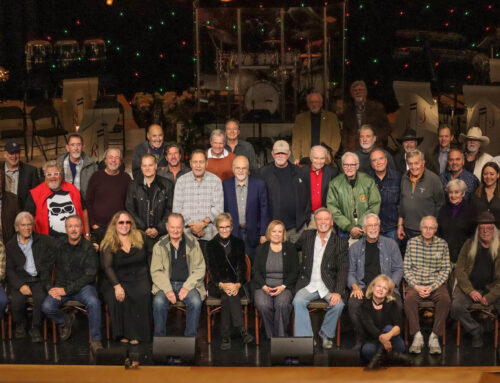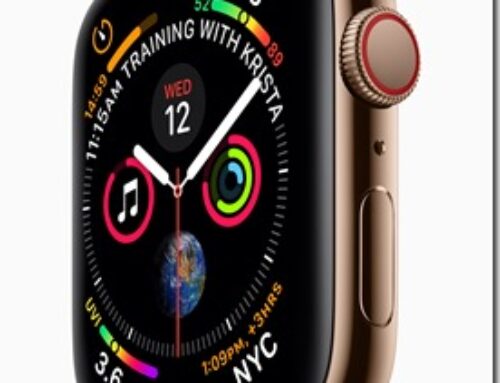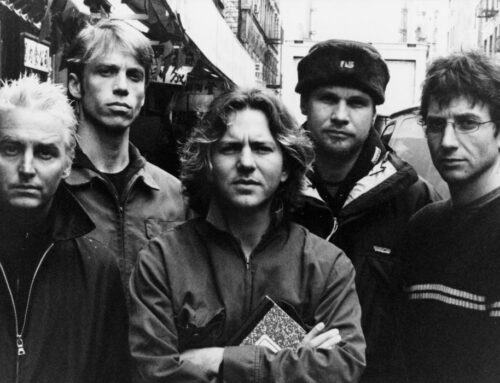Amazon.com, Inc. (Tickler Symbol: AMZN) will hold a conference call on October 23, 2007 at 5:00 p.m. ET to discuss its 2007 third quarter financial results. This announcement has tremendous relevance for those of us interested in the commercial viability of digital sales and downloads of DRM-free music — since Amazon launched its online music store, Amazon MP3, which s ells songs without copy protection in this fiscal quarter, the sales of said music will be a component of the report. Many financial analysts are expecting Amazon to announce earnings of around 18 cents per share on just over $3 billion in revenue for the quarter.
ells songs without copy protection in this fiscal quarter, the sales of said music will be a component of the report. Many financial analysts are expecting Amazon to announce earnings of around 18 cents per share on just over $3 billion in revenue for the quarter.
Most online reviewers agree that the Amazon experience of buying digital music is very favorable when compared to iTunes. My feeling about iTunes generally is that is an overbloated, unwieldy piece of software that doesn’t do the job it was designed to do very well at all, so this favorable comparison comes as no surprise to me. Although Amazon’s MP3 store is web-based, once you download a small companion program (on either Windows or the Mac) you get a better one-click experience than Apple’s iTunes store, and the software automatically adds purchased files to iTunes, if you choose to use that software, or any of the myriad of better music players available on the Internet.
In addition to the favorable software experience, many users are impressed that Amazon offers over 2 million at an average of 10 cents less than the cost on iTunes. The offering, while only about 20% of Apple’s offerings on iTunes, is the largest collection of DRM-Free music anywhere.
Both UMG and EMI have signed up with Amazon, while Sony BMG and Warner Music Group still lurk in the Dark Ages when it comes to the digital spectrum. The only negative vibe about Amazon’s service is that UMG is slipping watermarks into the downloads to enable tracking.
According to some stock analysts, Amazon’s global site traffic rose 13 percent year-over-year in July and August.
The thing that attracts me to the Amazon model is the flexibility. The ala carte digital music can be used on any player, with any software and reproduced on as many devices as you want. It does not expire and you are not required to subscribe to any service or use any specialized players or software. This, in my opinion, is the business model of the future. As Amazon’s catalog expands, I expect that it will become increasingly more competitive than Apple.
The Motley Fool described Amazon’s chances for success in the digital music download business as follows:
Amazon sold $10.7 billion worth of merchandise last year — $7.1 billion in the form of media — but at issue here is more than just respect for Amazon’s girth. Amazon is a trusted source in music. Now it also happens to offer the better deal. If you have a choice of paying $0.89 on Amazon for a higher-quality track with no DRM, or $0.99 for a lower-quality track with portability restrictions, where will you turn?
I can only add that Amazon has an incredible database of customer preferences and cross-references. Amazon does an amazing job at suggesting impulse purchases.Most consumer already have an established account with Amazon that has established preferences. Amazon is the Wal-Mart of online merchandisers, the king of the Internet in sales. I believe it will succeed where others have failed.





